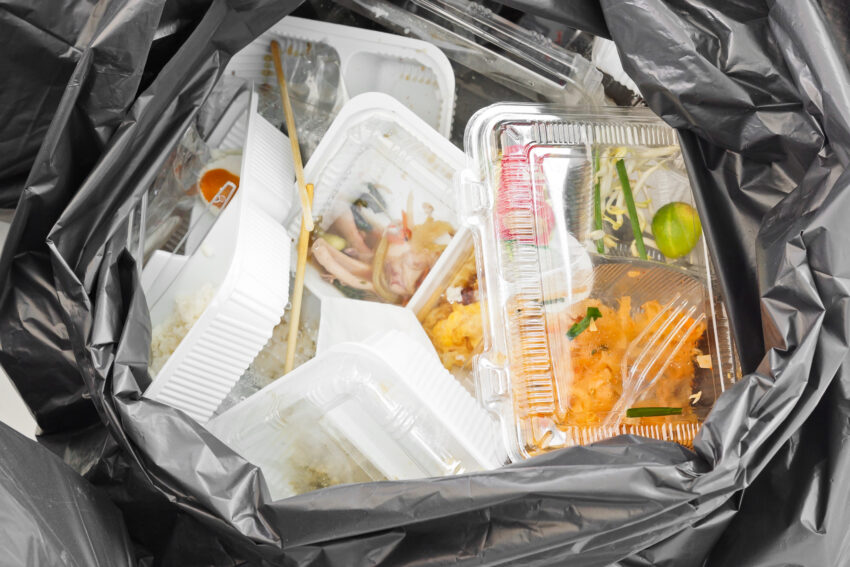Business
Nearly half of Britain’s small businesses are unaware of new, simpler recycling reforms, research shows

A recent survey found that almost half (42%) of SMEs in the UK are unaware of the upcoming ‘Simpler Recycling’ reforms, which will have a significant impact on their operations.
The reforms, announced by the Department for Environment, Food and Rural Affairs (Defra) in October 2023, aim to standardize recycling practices across the country and ensure consistent recycling services regardless of location.
The Simpler Recycling initiative is part of the government’s wider strategy to increase recycling rates and reduce waste across the country. The reforms will require both households and businesses to adapt their waste management practices, with significant changes expected by March 2026. Despite the looming deadlines, a whopping 98% of businesses surveyed said they need more support to effectively implement the required changes .
The survey, which included responses from more than 550 small businesses, shows that the additional costs associated with compliance are the top concern for many. Half of respondents cited financial challenges as the main barrier, underscoring the urgent need for government support. In addition to costs, companies face practical issues, such as finding space for additional recycling bins and training staff to sort waste correctly.
Key aspects of the easier recycling reforms include:
Standardized recycling collections
: All local authorities in England will be required to collect seven types of recyclables, including glass, metal, plastic, paper and cardboard, with food and garden waste collected separately.
Weekly collection of food waste: Households benefit from the weekly collection of food waste, while other residual waste is collected at least once every two weeks.
Business recycling requirements: From the end of March 2025, businesses, including schools and hospitals, will have to recycle the same materials as households, with the exception of garden waste and plastic film.
Tracking digital wasteA new digital system to monitor waste will be introduced, with the aim of reducing waste crime, which currently costs the UK £1 billion annually.
As the March 2025 deadline approaches, industry stakeholders including BusinessWaste.co.uk are calling for more educational resources and government support to help SMEs make the transition smoothly. The success of the Simpler Recycling initiative, as well as Britain’s wider sustainability goals, depends on the extent to which businesses are informed and prepared.
Commenting on the situation, Mark Hall, co-founder of BusinessWaste.co.uk, said: “Despite these looming deadlines, SMEs are not yet fully prepared for the shift. My biggest piece of advice is that entrepreneurs should make the small changes gradually. Understand how the regulations will affect your business, make a plan and ensure your staff is on board. By the time the deadline approaches, these changes should have been fully integrated into the business.”
With the clock ticking, it is crucial for small businesses to take proactive steps to adapt to the new regulations so they can contribute to the UK’s environmental goals while maintaining operational efficiency.













